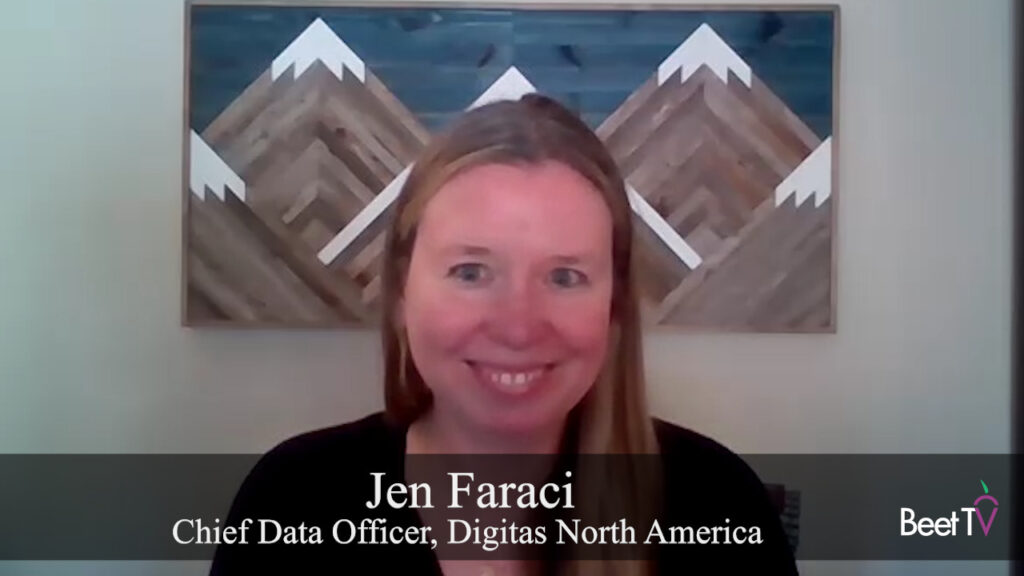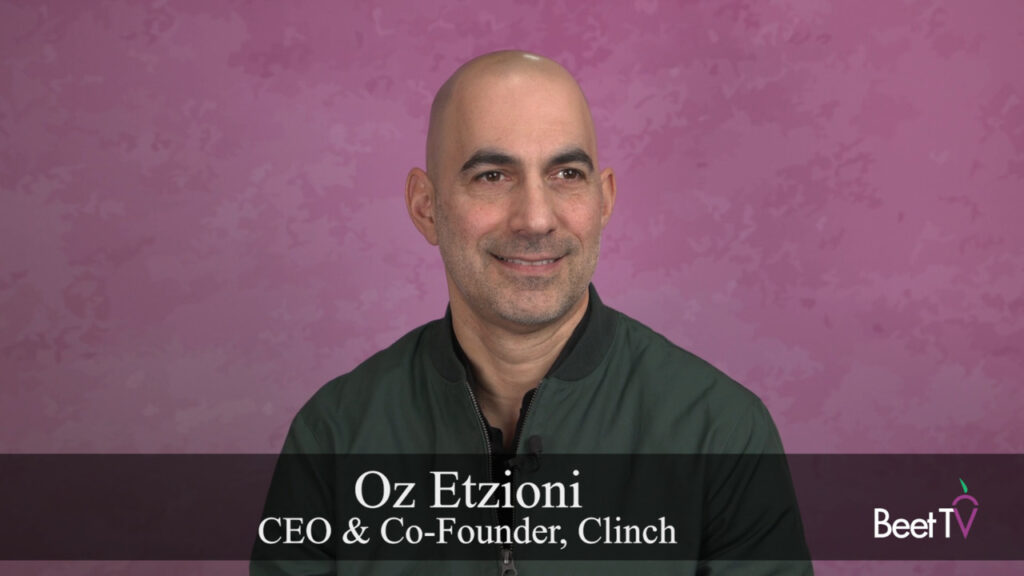Roku is the world’s most popular add-on internet TV device. But, in a world where more new TV sets are now shipping with internet services built in, Roku is going to need to change to defend its position.
After previously getting its software embedded on TVs from TCL, Sharp and Hisense in the US, Roku last month struck its first deal to launch a Roku-powered TV outside of North America.
Tariq Mahmoud, Roku’s international head of sales and strategy, explained the deal in this video interview with Furious Corp’s Ashley J. Swartz for Beet.TV.
Today, we’re pleased to announce that the Roku TV licensing programme is expanding into Europe! https://t.co/q2aqRNEDVk #roku #happystreaming @HisenseUK pic.twitter.com/jt4j1Fl6tV
— RokuUK (@RokuUK) September 7, 2019
“We just launched Roku TVs last month in the UK, working with Hisense as our TV OEM partner,” he says. “This is Roku software embedded onto Hisense hardware with Argos being our primary launch partner from a retailer point of view.
“We’re really excited about what this brings to consumers in the UK. It provides them an opportunity to engage with the Roku platform as their primary source.
“It allows us to be able to do more things on the advertising side with regards to data that we gather from that platform.”
We previously reported Roku’s significant lead over rivals when it comes to use of streaming TV device platforms, according to sales data crunched by Strategy Analytics.

But Roku’s looming challenge was underscored this month in an article by Bloomberg BusinessWeek describing Roku as “under siege”
A range of alternative add-on devices is competing for share. And, whilst Roku is building a sizeable ad sales business, AVOD services are also keen to stake out ad-supported OTT for themselves.
In October, Roku announced its plan to acquire dataxu, a demand-side ad-buying platform, for $150 million.
Mahmoud said the deal bolsters Roku in three ways:
- “It enables buyers to fully plan and optimise for their ad buy across multiple channels of, primarily, Roku.”
- “It also then enables them to buy in real-time inventory in an automated capacity using programmatic means through the DSP technology itself.”
- “It allows them to measure, in rea-time, their ad buys’ effectiveness on the platform directly using first-party data that Roku has by having a direct relationship with the consumer.”
This video was produced in London at the Future of TV Ads Global forum in December 2019. This series is sponsored by Finecast, the global addressable TV company that is part of WPP. For more videos from the series, please visit this page.














































